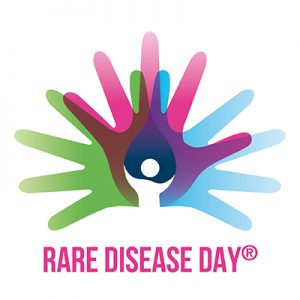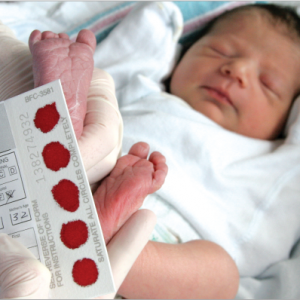What is Disability? The Social Security Administration’s impairment listing manual (called the blue book) lists a number of impairments, both physical and mental, that will automatically qualify an individual for Social Security disability benefits (SSDI) or Supplemental Security Income (SSI), provided the individual’s condition meets, or is equivalent to, the specified criteria for...










